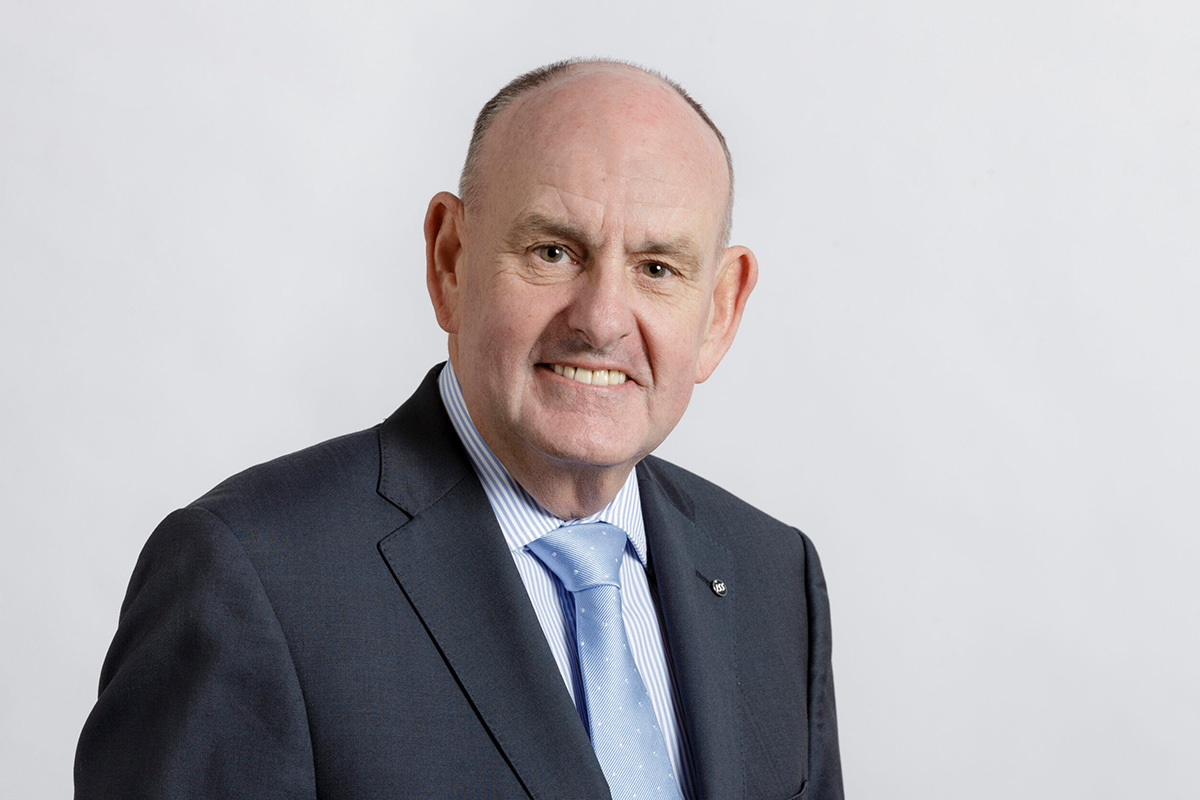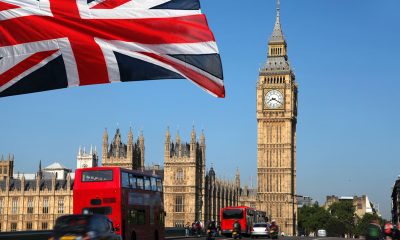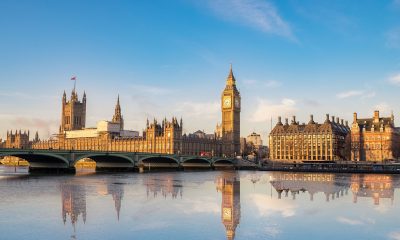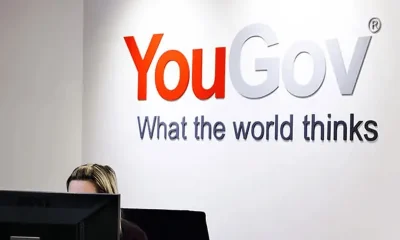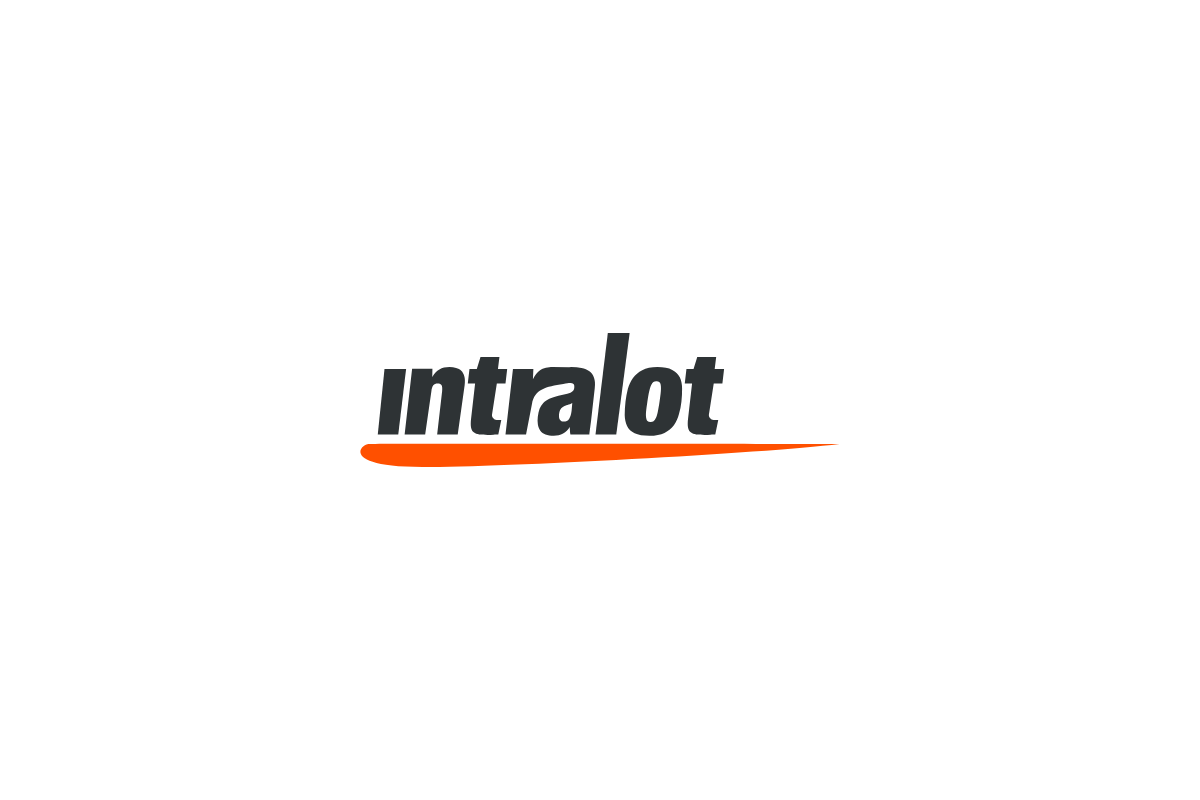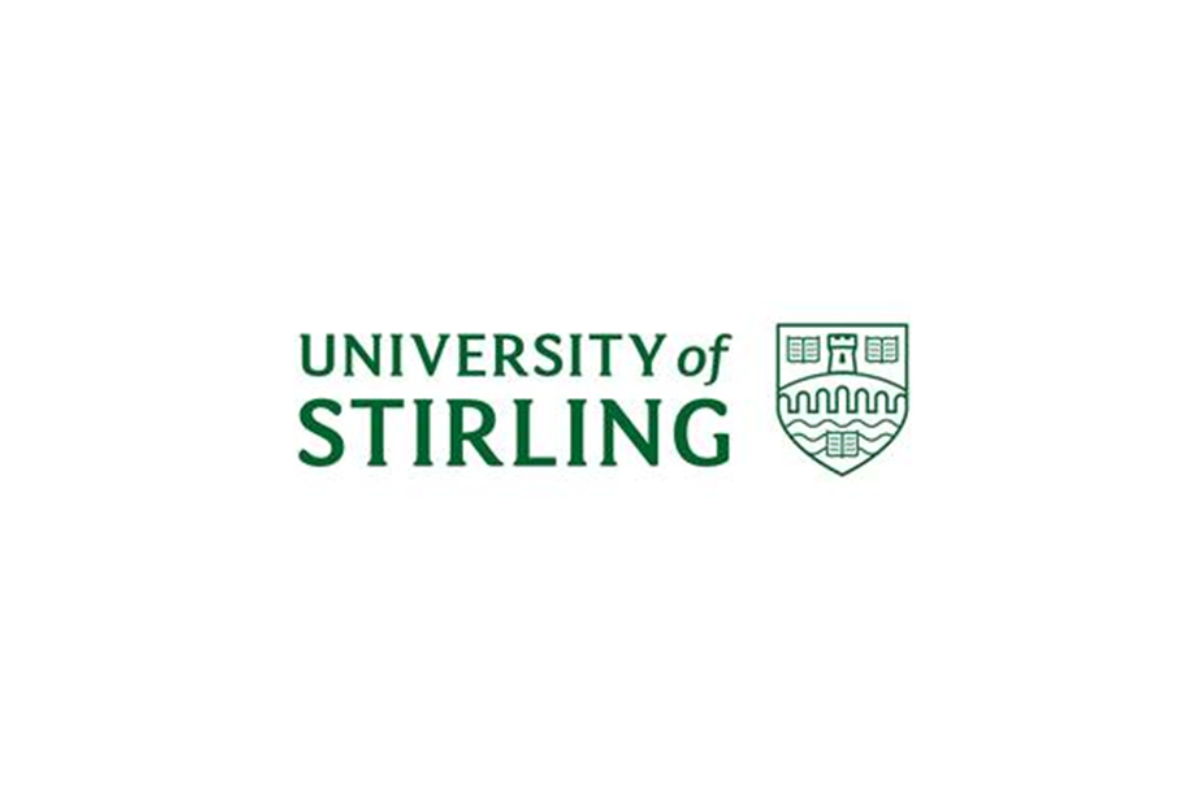Compliance Updates
Betting and Gaming Council’s Response To Peers For Gambling Reform’s Report

Michael Dugher, the chief executive of Betting and Gaming Council (BGC), issued a statement as a response to recommendations of a recent report by Peers for Gambling Reform (PGR), an informal group of legislators with a common interest in gambling reform.
PGR had claimed in the report, based on the findings in its study that an overhaul of gambling would have a positive social effect on gambling in terms of employment, tax revenue and staff salary.
We reproduce here excerpts from BGC’s response.
“We welcome the Government’s Gambling Review and we are confident that Ministers will make sensible decisions for the future that are based on serious evidence, rather than the fantasy figures contained in this report.
“We 100 per cent committed to change and we hope that the White Paper will lead to a package of reforms that continue recent significant improvements in safer gambling.
“The dream of anti-gambling prohibitionists has always been to somehow force people not to gamble or to gamble less, just because they don’t like betting. A minority of peers may look down their noses at the millions of working people who enjoy a bet, but the truth is that the overwhelming majority do so perfectly safely. And the idea that somehow restricting betting would create more jobs is economically daft and frankly for the birds. This is the theory that if you closed the betting shops there would somehow be a boom in the sale of scented candles.
An authoritative report earlier this year by EY found that BGC members alone support 119,000 jobs, generates £4.5bn in tax to the Treasury and contributed £7.7bn for the UK economy in gross value added in 2019. This contribution will be vital as the Government tries to repair the nation’s finances in the wake of the pandemic.
“The financial support our members have given to sports such as horse racing, football, rugby league, darts and snooker has been a lifeline over the past year, so the suggestion that a ban on sponsorship will do anything other than drive people to the black market is bizarre.
“Furthermore, our members are spending £100m on research, education and treatment of problem gambling, as well as £10m on the Young People’s Gambling Harm Prevention programme.
“If people were restricted from betting in the regulated industry, they would simply migrate to the growing unlicensed, unsafe black market online that employs no one, pays no tax and contributes nothing to UK plc.”
-

 Latest News3 days ago
Latest News3 days agoPIN-UP Global Transforms into the RedCore Business Group
-
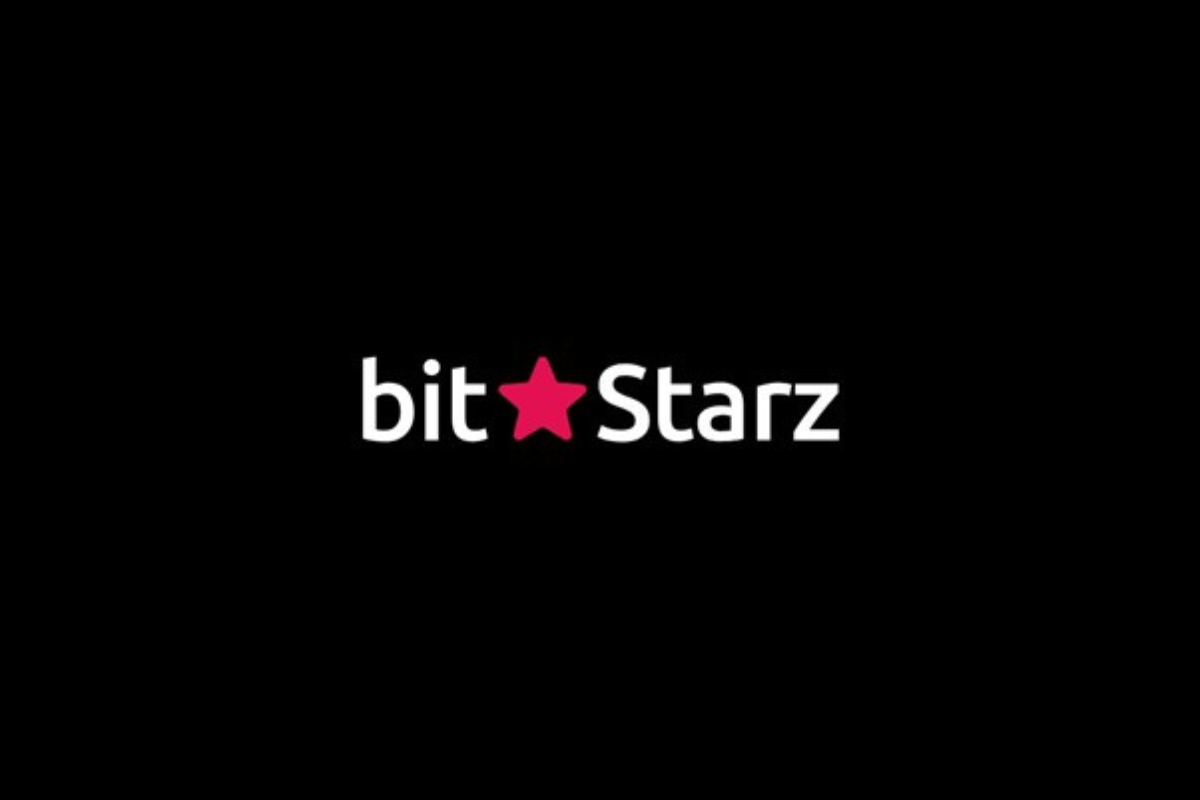
 Latest News6 days ago
Latest News6 days agoBitStarz Casino Review 2025: The Leading Crypto & Bitcoin Casino With Instant Withdrawal, Fast Payout & Latest Bonuses!
-

 Latest News6 days ago
Latest News6 days agoEGT Digital’s games are available to Bangbet’s customers in Tanzania
-

 eSports6 days ago
eSports6 days agoNODWIN Gaming and JioStar unveiling BGMS Season 4 with OnePlus as Title Partner and Android as Co-Title Partner
-
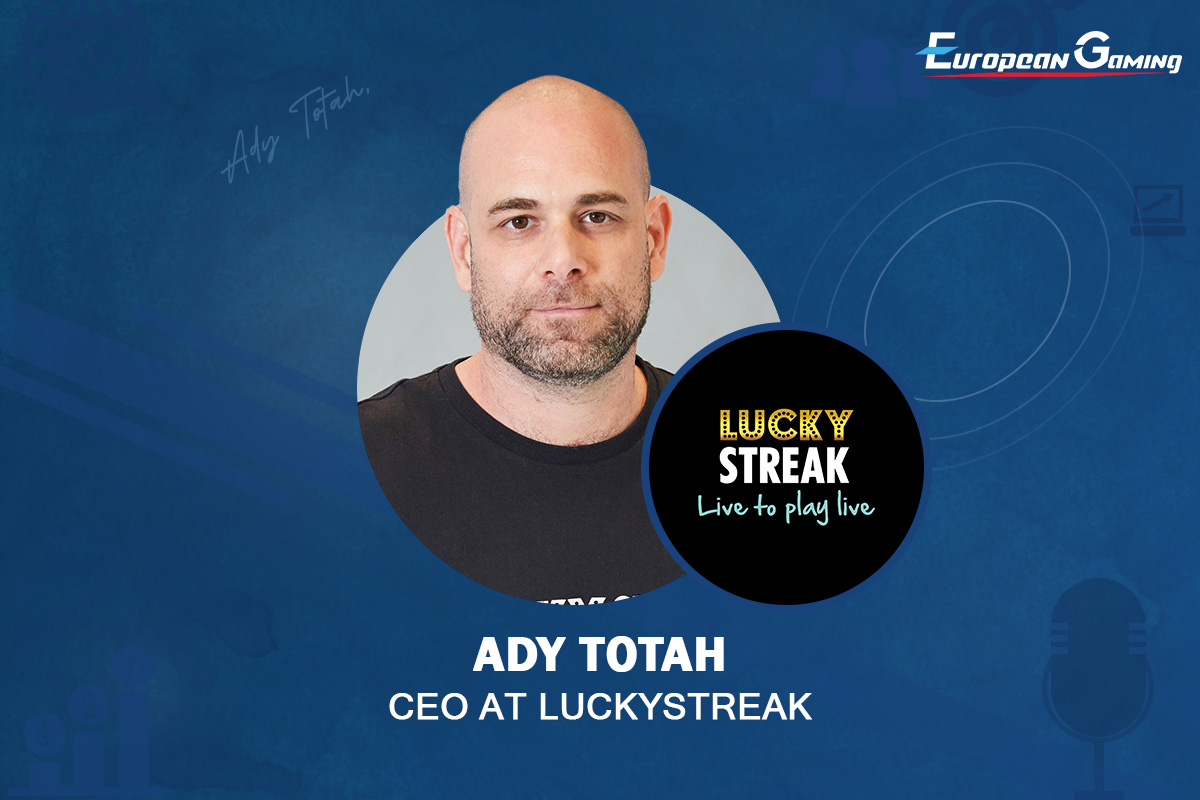
 Interviews6 days ago
Interviews6 days agoScale isn’t everything: Why agility is the new advantage in live casino
-
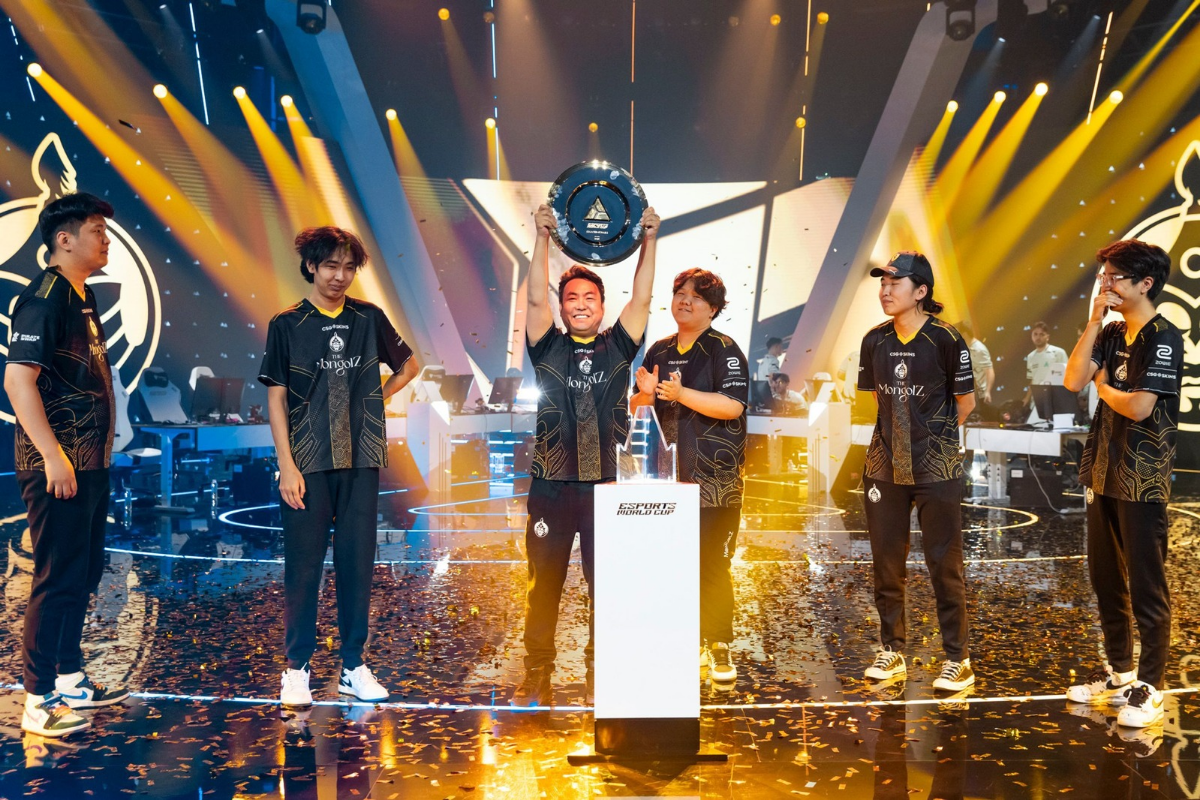
 eSports6 days ago
eSports6 days agoThe MongolZ Lift the Counter-Strike 2 at Esports World Cup Trophy, as Hero Run Ends in Title Triumph
-
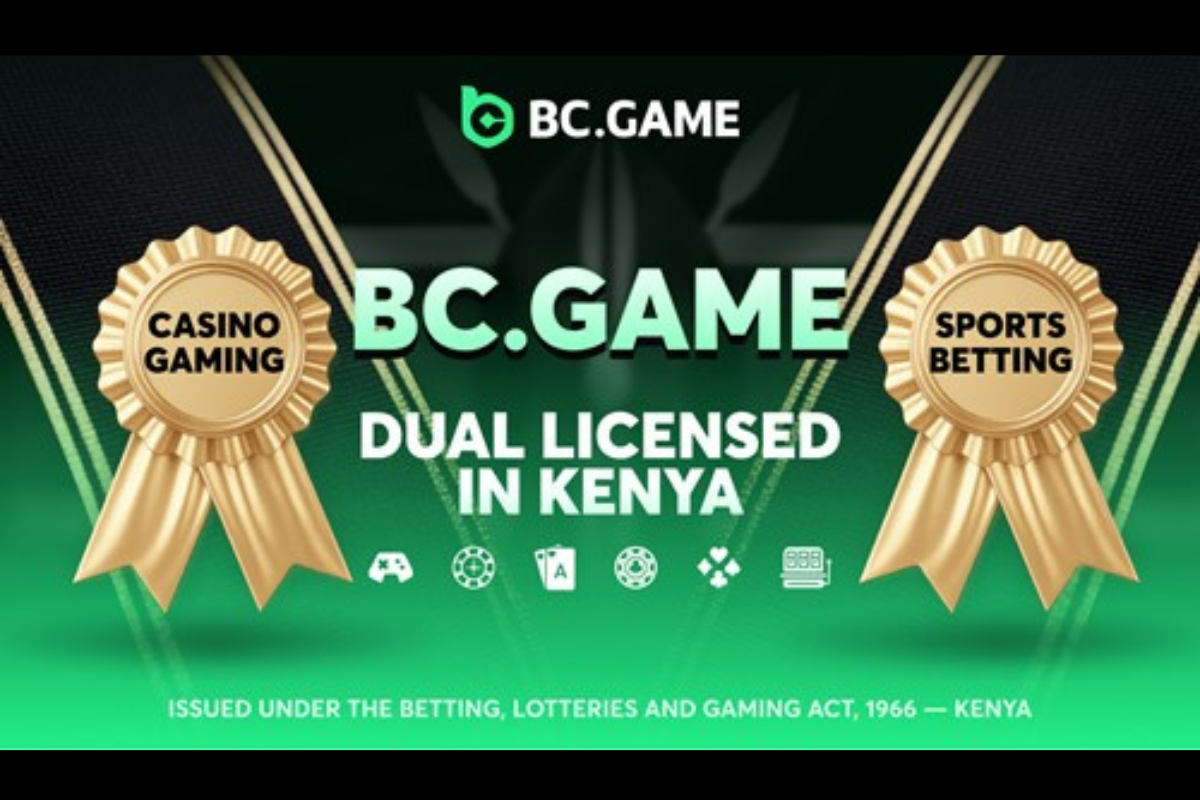
 Latest News6 days ago
Latest News6 days agoBC.GAME Strengthens African Strategy with Dual Regulatory Approval in Kenya
-

 Asia5 days ago
Asia5 days agoED Arrests Karnataka MLA Veerendra “Puppy” in Illegal Betting Case








